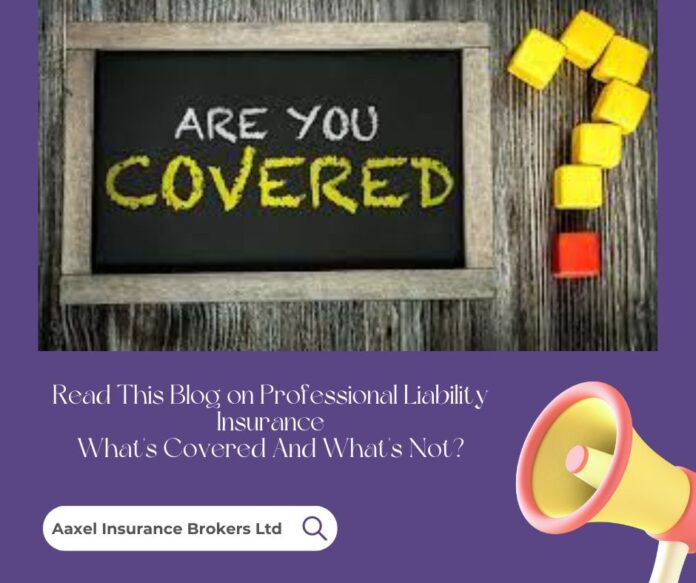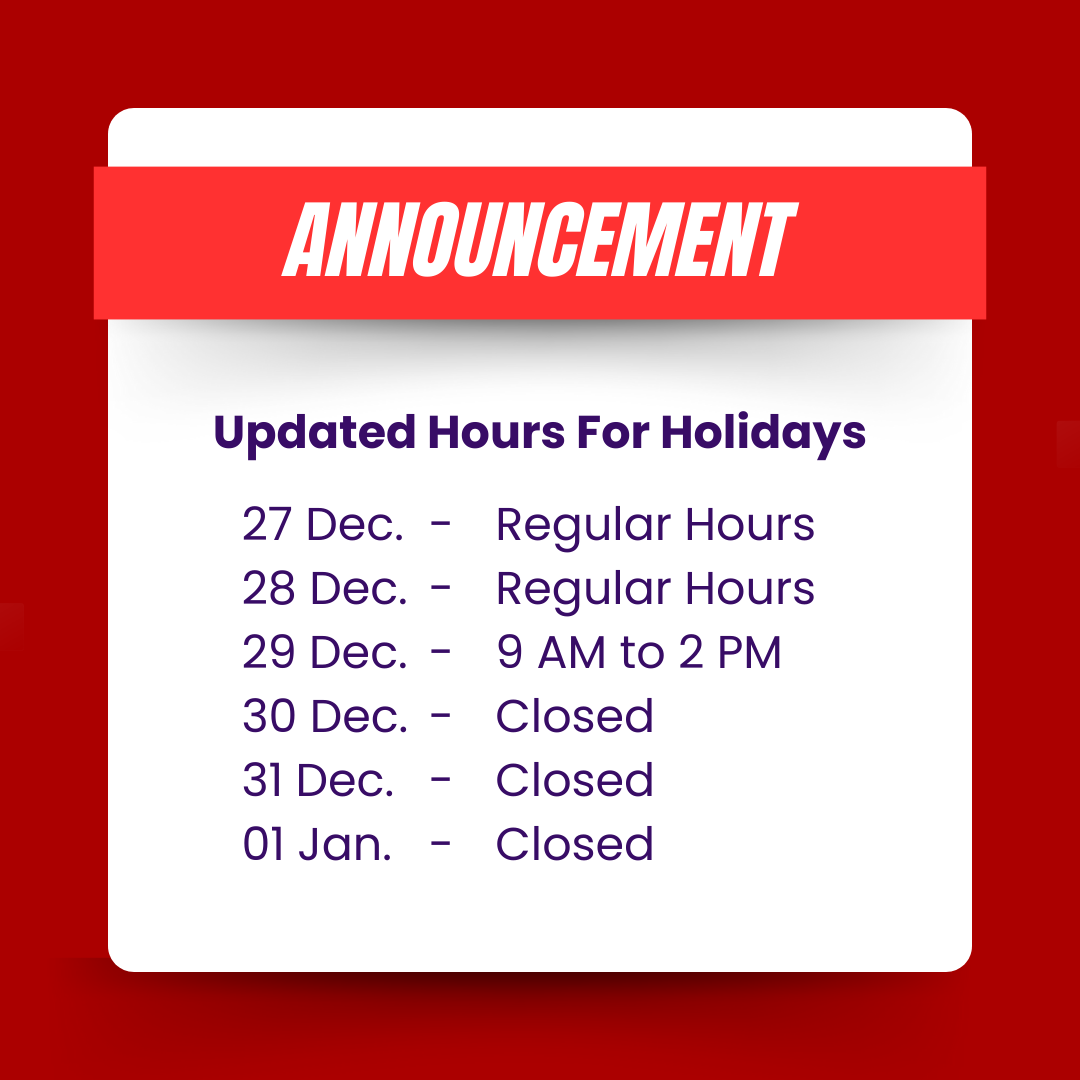The insurance requirements for engineers might be very difficult to understand very fast because there are so many distinct demands to meet. Professional Liability Insurance could be necessary depending on your profession and the jurisdiction in which you work.
However, even if it’s not required, Design Professionals will benefit greatly from having Professional Liability Insurance, particularly if you’re beginning your own consulting business or if you work as a Technician or Technologist. The following three:
1. Your General Liability Insurance Will Not Protect You.
In the event that someone is harmed or property is damaged as a result of your activity, many clients may demand that you have Commercial General Liability (CGL) Insurance. However, your general liability policy won’t respond if you’re sued for a design flaw, an unanticipated project delay, or a payment problem because it’s not intended to cover errors. You will require professional liability insurance for that.
What’s the distinction? CGL Insurance protects you from third-party injury, property damage, and reputational loss claims resulting from acts that aren’t necessarily the result of your expert counsel or services. In contrast, professional liability insurance protects you from claims of mistakes, negligence, or carelessness made while performing your professional duties as an engineer.
Both protections are essential. They work to safeguard you completely from claims that could fall into a grey area since they react to various hazards. Additionally, you will be held personally responsible for the damages if you don’t have the proper insurance.
Related Article: What Is Professional Liability Insurance? Not everything is covered but very important to have this coverage.
2. You Have A Big Responsibility.
As a design professional, you are aware of how important public safety is. The ramifications of even the smallest flaw could be devastating. Because of the great expectations, the penalty is also very severe. In the event of an incident, you will be presumed to be guilty unless your innocence is established by the court.
No matter what your contract says to the contrary. A limitation of responsibility clause might not stand up in court, even if the error in question was inadvertent, if it involved gross carelessness or a violation of ethical standards.
Maybe a mistake was covered up during a field review before you had a chance to notice it. Perhaps you approved a design modification that led to harm. Or perhaps you simply gave a client some general instruction or advise. In either case, your customer is relying on your knowledge to make crucial decisions, so even a prompt reply or a vague remark could result in legal action. Without insurance, you’ll be responsible for paying the costs out of pocket.
Related Article: How to Avoid These 3 Common Engineering Mistakes
3. Legal Challenges Are Expensive.
The expense of lost business must also be considered in addition to legal fees. A lawsuit often takes three years to be resolved, and settlements typically cost $200,000 plus. Remember that larger, more complex projects with several parties involved typically involve lengthy legal actions that require more time—and money—to settle. Additionally, you won’t have as many billable hours to make up for the lost legal fees because you’ll be too busy dealing with lawyers.
You will still need to defend yourself even if the charge is unfounded. Say your client is late on a few payments, and as a result, you quit working for them. If they sue you for delaying the project, you might still have to shell out outrageous sums of money to defend yourself. If you work for a bigger company, your employer’s insurance plan may cover you. However, if you run your own company or provide side-gig consulting, you might need to temporarily stop operations in order to stay afloat.
However, if something goes wrong, you’ll have the financial security you need to carry on with your work as usual thanks to professional liability insurance. Even if the accusations are untrue, professional liability insurance will cover your losses, including court settlements, administrative costs, and legal bills. Additionally, if you purchase your policy through Aaxel insurance, it will cover disciplinary hearings, ensuring your protection in the event of a public complaint.
Related Article: How to Avoid Being Sued by an Engineer
What else…
The size of your business, your annual fees, the kinds of work you accept, where you practice, your speciality, and other considerations will all impact the amount of insurance you require and the cost of your policy. In general, your premiums will be higher the bigger your projects are and the more money you make.
Although it incurs an additional expense, it is better to be safe than sorry and lose a few thousand dollars annually on insurance than risk losing millions on a claim. The correct policy will protect your finances and guarantee that legal action won’t harm your company’s or reputation.
Make sure to speak with a risk advisor who focuses on the engineering industry for the best protection. A registered broker like Aaxel Insurance is familiar with the range of risk you face across various engineering disciplines and services thanks to its close to 40 years of experience. We can help you in your insurance matters as below:
- Follow market trends and spot exposures based on your company’s operations;
- Adopt a pro-active strategy for risk management to keep your costs under long-term control;
- Analyze all of your current insurance policies thoroughly to find any coverage gaps;
- Obtain a complete solution that fits your particular requirements and strategic goals.
To discover more, get in touch with Aaxel Insurance now!






